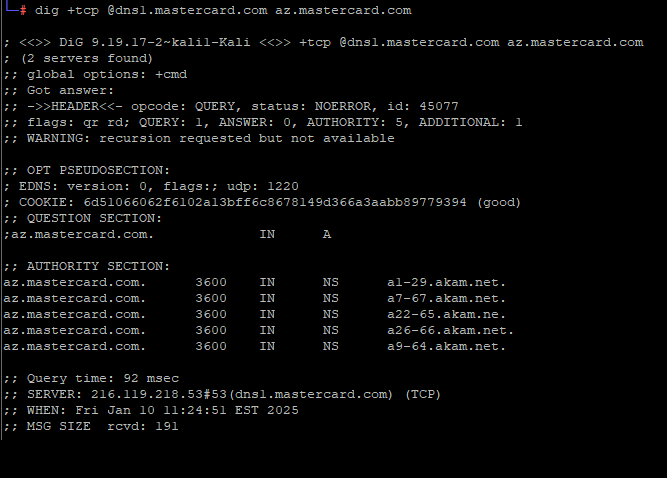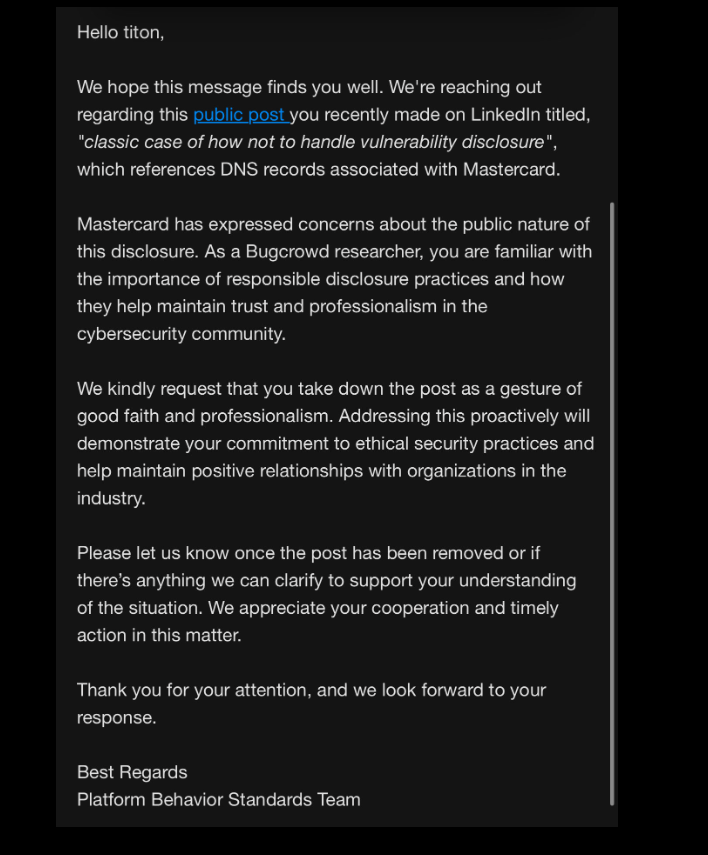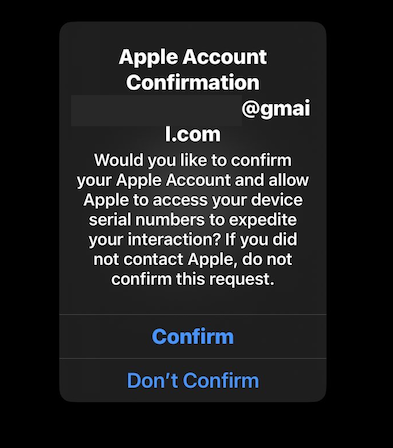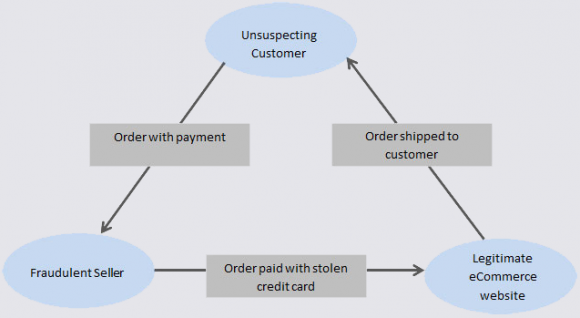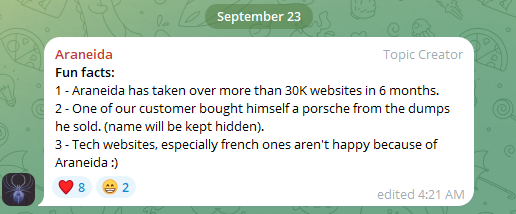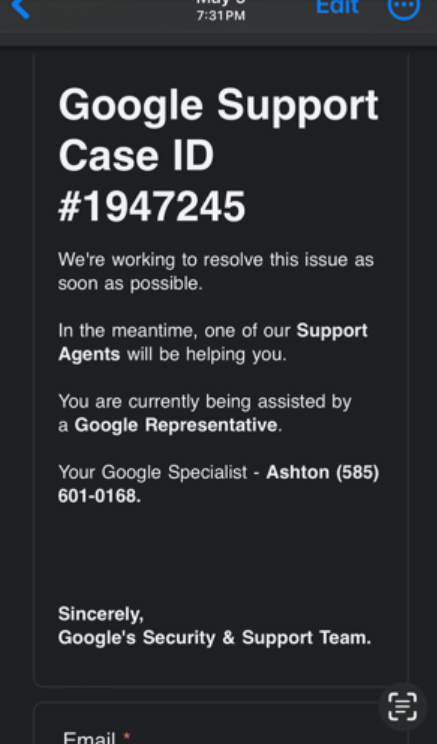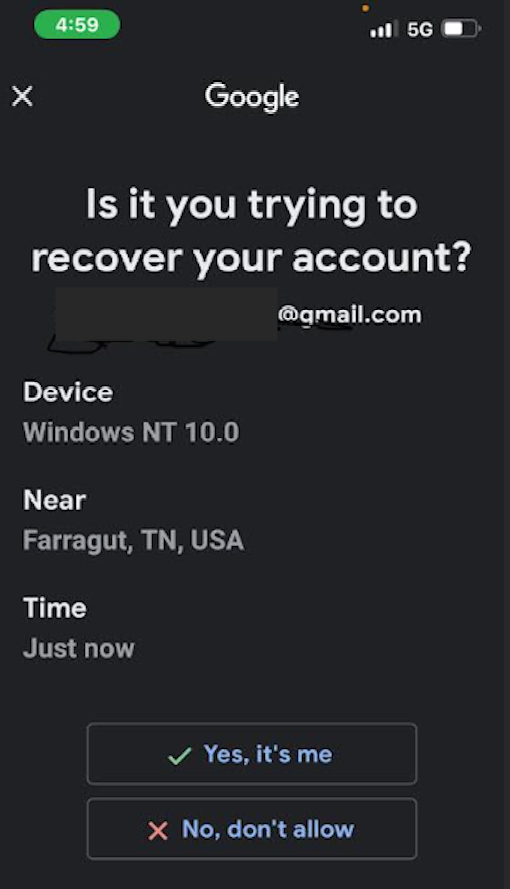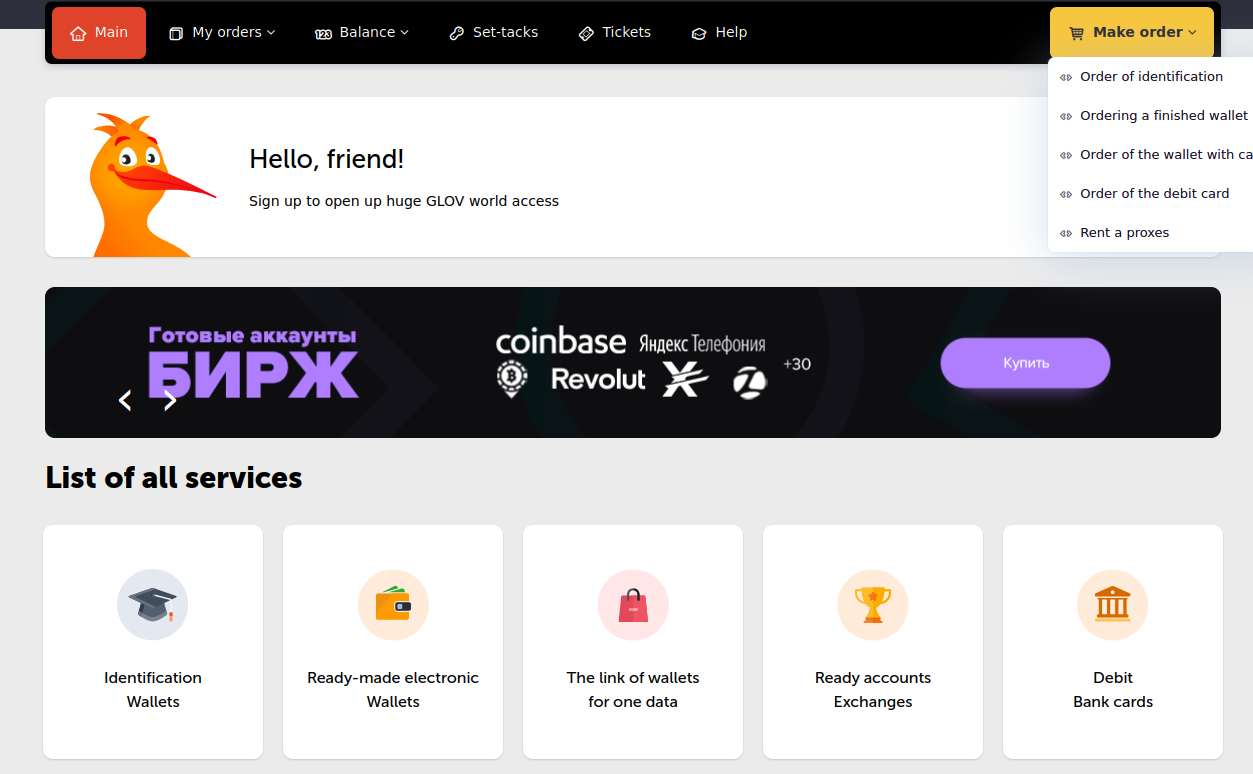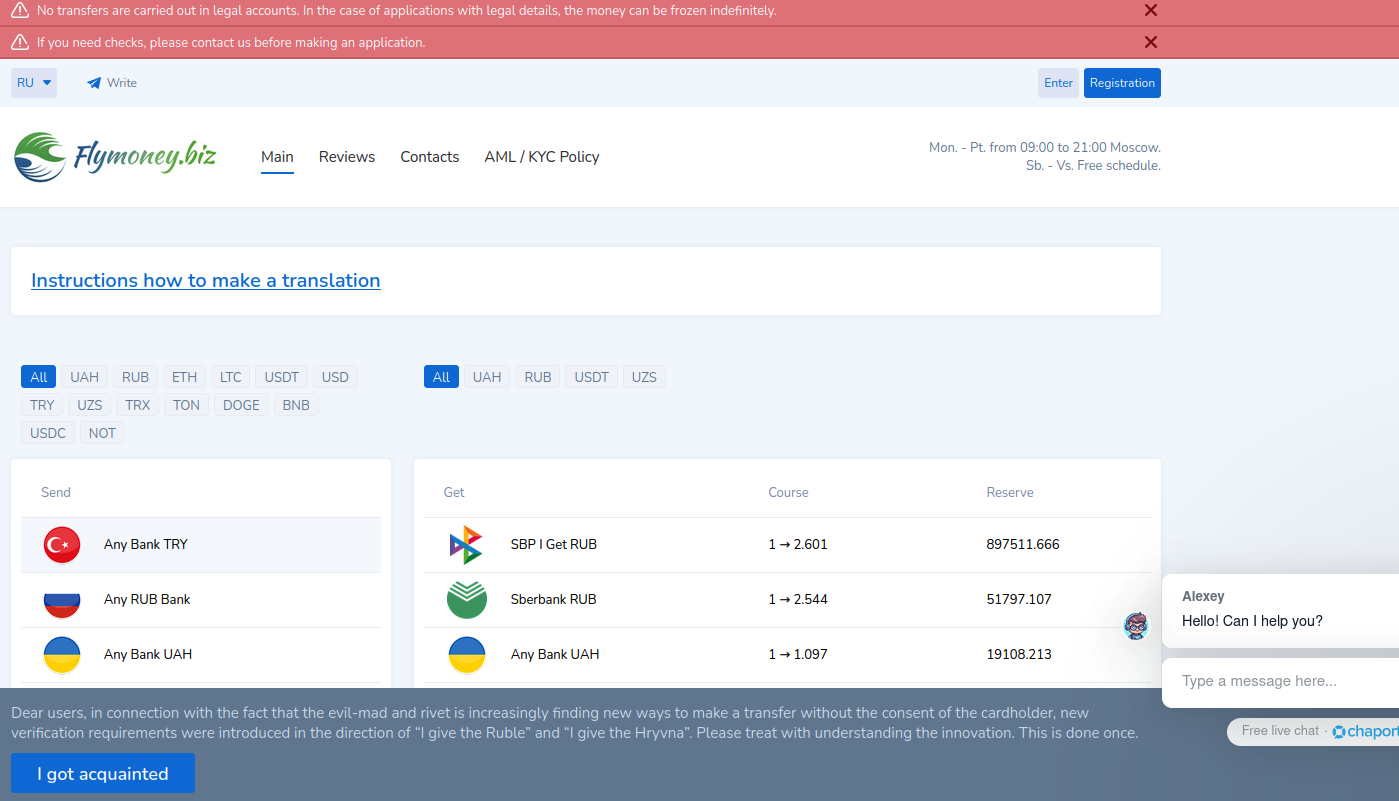
Image: Shutterstock. Greg Meland.
President Trump last week issued a flurry of executive orders that upended a number of government initiatives focused on improving the nation’s cybersecurity posture. The president fired all advisors from the Department of Homeland Security’s Cyber Safety Review Board, called for the creation of a strategic cryptocurrency reserve, and voided a Biden administration action that sought to reduce the risks that artificial intelligence poses to consumers, workers and national security.
On his first full day back in the White House, Trump dismissed all 15 advisory committee members of the Cyber Safety Review Board (CSRB), a nonpartisan government entity established in February 2022 with a mandate to investigate the causes of major cybersecurity events. The CSRB has so far produced three detailed reports, including an analysis of the Log4Shell vulnerability crisis, attacks from the cybercrime group LAPSUS$, and the 2023 Microsoft Exchange Online breach.
The CSRB was in the midst of an inquiry into cyber intrusions uncovered recently across a broad spectrum of U.S. telecommunications providers at the hands of Chinese state-sponsored hackers. One of the CSRB’s most recognizable names is Chris Krebs (no relation), the former director of the Cybersecurity and Infrastructure Security Agency (CISA). Krebs was fired by President Trump in November 2020 for declaring the presidential contest was the most secure in American history, and for refuting Trump’s false claims of election fraud.
South Dakota Governor Kristi Noem, confirmed by the U.S. Senate last week as the new director of the DHS, criticized CISA at her confirmation hearing, TheRecord reports.
Noem told lawmakers CISA needs to be “much more effective, smaller, more nimble, to really fulfill their mission,” which she said should be focused on hardening federal IT systems and hunting for digital intruders. Noem said the agency’s work on fighting misinformation shows it has “gotten far off mission” and involved “using their resources in ways that was never intended.”
“The misinformation and disinformation that they have stuck their toe into and meddled with, should be refocused back onto what their job is,” she said.
Moses Frost, a cybersecurity instructor with the SANS Institute, compared the sacking of the CSRB members to firing all of the experts at the National Transportation Safety Board (NTSB) while they’re in the middle of an investigation into a string of airline disasters.
“I don’t recall seeing an ‘NTSB Board’ being fired during the middle of a plane crash investigation,” Frost said in a recent SANS newsletter. “I can say that the attackers in the phone companies will not stop because the review board has gone away. We do need to figure out how these attacks occurred, and CISA did appear to be doing some good for the vast majority of the federal systems.”
Speaking of transportation, The Record notes that Transportation Security Administration chief David Pekoske was fired despite overseeing critical cybersecurity improvements across pipeline, rail and aviation sectors. Pekoske was appointed by Trump in 2017 and had his 5-year tenure renewed in 2022 by former President Joe Biden.
AI & CRYPTOCURRENCY
Shortly after being sworn in for a second time, Trump voided a Biden executive order that focused on supporting research and development in artificial intelligence. The previous administration’s order on AI was crafted with an eye toward managing the safety and security risks introduced by the technology. But a statement released by the White House said Biden’s approach to AI had hindered development, and that the United States would support AI systems that are “free from ideological bias or engineered social agendas,” to maintain leadership.
The Trump administration issued its own executive order on AI, which calls for an “AI Action Plan” to be led by the assistant to the president for science and technology, the White House “AI & crypto czar,” and the national security advisor. It also directs the White House to revise and reissue policies to federal agencies on the government’s acquisition and governance of AI “to ensure that harmful barriers to America’s AI leadership are eliminated.”
Trump’s AI & crypto czar is David Sacks, an entrepreneur and Silicon Valley venture capitalist who argues that the Biden administration’s approach to AI and cryptocurrency has driven innovation overseas. Sacks recently asserted that non-fungible cryptocurrency tokens and memecoins are neither securities nor commodities, but rather should be treated as “collectibles” like baseball cards and stamps.
There is already a legal definition of collectibles under the U.S. tax code that applies to things like art or antiques, which can be subject to high capital gains taxes. But Joe Hall, a capital markets attorney and partner at Davis Polk, told Fortune there are no market regulations that apply to collectibles under U.S. securities law. Hall said Sacks’ comments “suggest a viewpoint that it would not be appropriate to regulate these things the way we regulate securities.”
The new administration’s position makes sense considering that the Trump family is deeply and personally invested in a number of recent memecoin ventures that have attracted billions from investors. President Trump and First Lady Melania Trump each launched their own vanity memecoins this month, dubbed $TRUMP and $MELANIA.
The Wall Street Journal reported Thursday the market capitalization of $TRUMP stood at about $7 billion, down from a peak of near $15 billion, while $MELANIA is hovering somewhere in the $460 million mark. Just two months before the 2024 election, Trump’s three sons debuted a cryptocurrency token called World Liberty Financial.
Despite maintaining a considerable personal stake in how cryptocurrency is regulated, Trump issued an executive order on January 23 calling for a working group to be chaired by Sacks that would develop “a federal regulatory framework governing digital assets, including stablecoins,” and evaluate the creation of a “strategic national digital assets stockpile.”
Translation: Using taxpayer dollars to prop up the speculative, volatile, and highly risky cryptocurrency industry, which has been marked by endless scams, rug-pulls, 8-figure cyber heists, rampant fraud, and unrestrained innovations in money laundering. Continue reading




